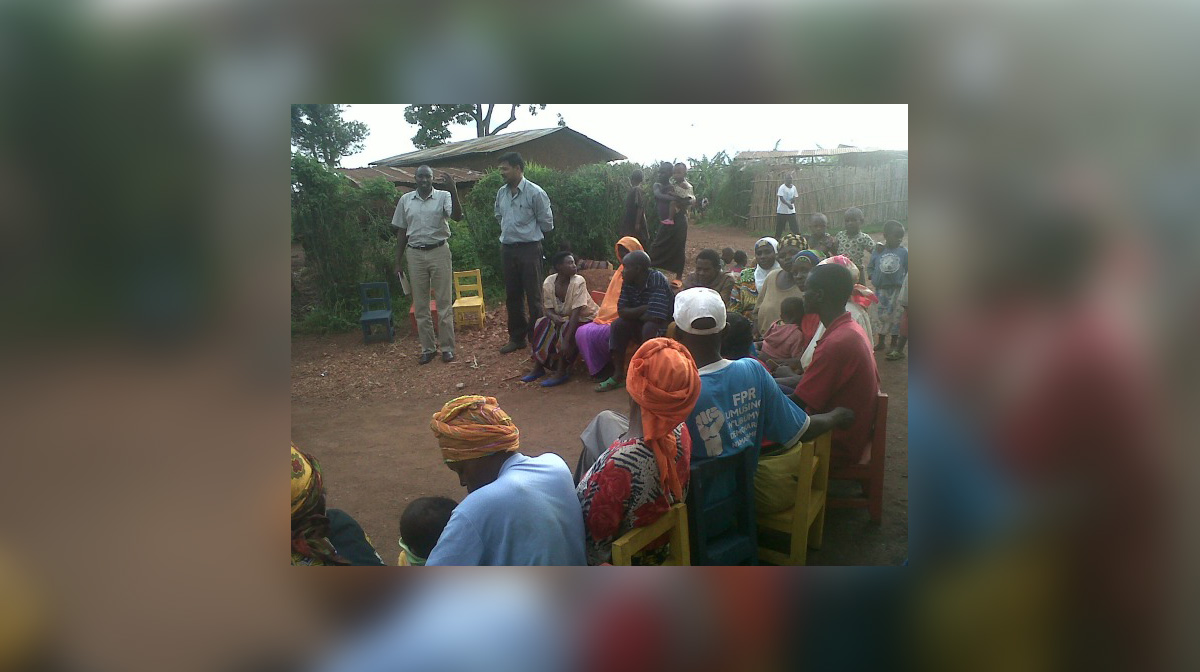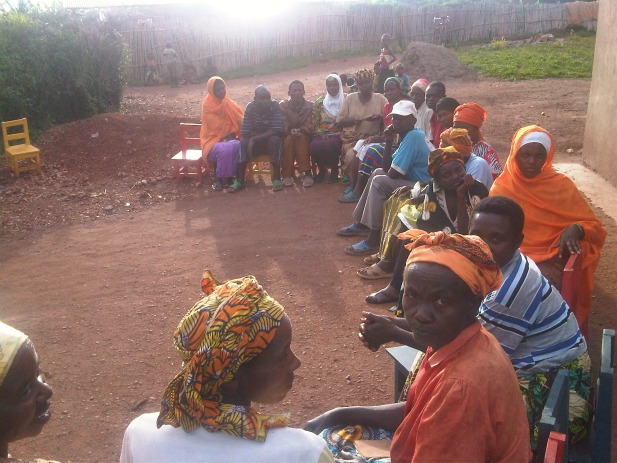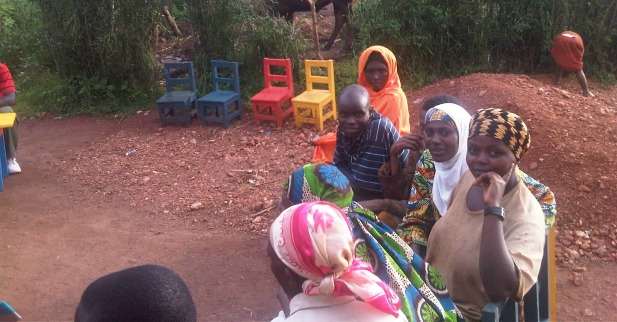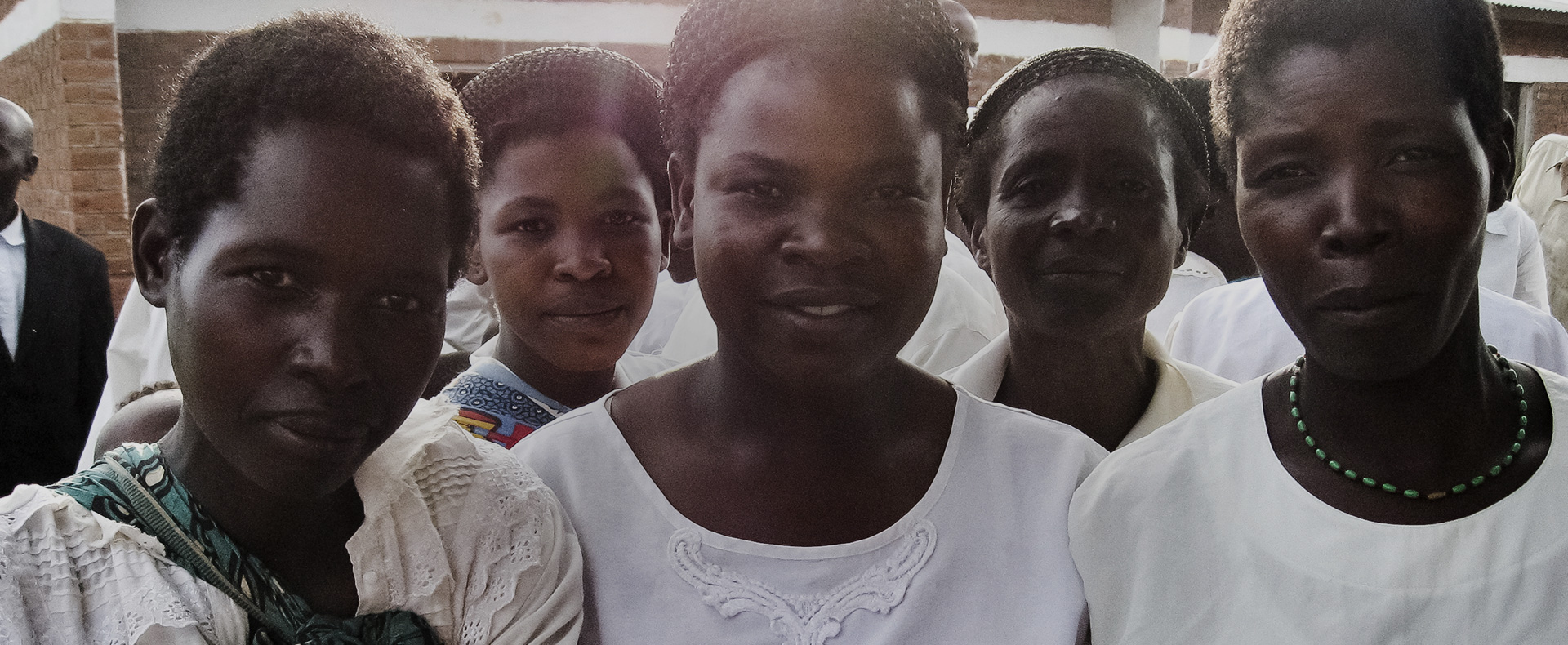Thirty-Five Cents a Week

It is amazing how great a part of human progress owes its origin to the simplest of ideas. That even the poorest of the poor can learn to transform their lives by setting aside a little something from their meager incomes sounded heretical until I saw the idea in full bloom in Rwanda earlier this year
Thanks to the hard work and camaraderie of my New Perimeter colleagues – Jay, Sara, S-J, Mamie and Paul - I was well-equipped with legal memos and PowerPoints when I went to Rwanda as the legal adviser/trainer on a joint New Perimeter/CARE team. Our mission was two-fold: to fine-tune our desktop research with on-the ground information and to engage in capacity-building exercises aimed at improving the abilities of CARE’s local personnel to advocate for the elimination of social and legal barriers to women’s access to financial services.
One leg of our fact-finding mission was a trip to a thriving CARE-founded Village Savings and Loan Association (VSLA), a type of microfinance group that is run by and funded with the savings of its members. Arriving after a long, grueling SUV ride, we were welcomed with singing and dancing by the 30-member VSLA (23 women and 7 men). Following the obligatory exchange of pleasantries, we were invited to interview representatives of the VSLA.

One of our interviewees, a young woman in her mid-to-late twenties, told us about how each member saved the equivalent of US 35 cents each week, how the money was kept in a lockbox, how much each member could borrow from the lockbox (based, among other things, on that member’s savings and repayment history as well as the business purpose for the loan), how records were kept (thumbprints in a ledger), how all of the collective savings were distributed at the end of each cycle, and what each contributor did with their takings.

Our interviewee described how she bought bunches of bananas from which she made and sold banana beer, turning a neat profit, the bulk of which she plowed back into her beer business. She added that others had done even better, like the neighbor who had bought, raised and butchered her first goat (with the help of her suddenly helpful husband) and who now owns three goats. CARE’s role in making it all possible is simplicity itself: teaching the villagers how to organize themselves into and operate savings and loan groups using the basic tools that work well with poor, illiterate villagers.
I’m still filled with humility each time I recall the pride and joy of that young lady and many villagers like her for whom saving 35 cents a week makes such a rich difference.
Promoting Financial Inclusion
for African Women
